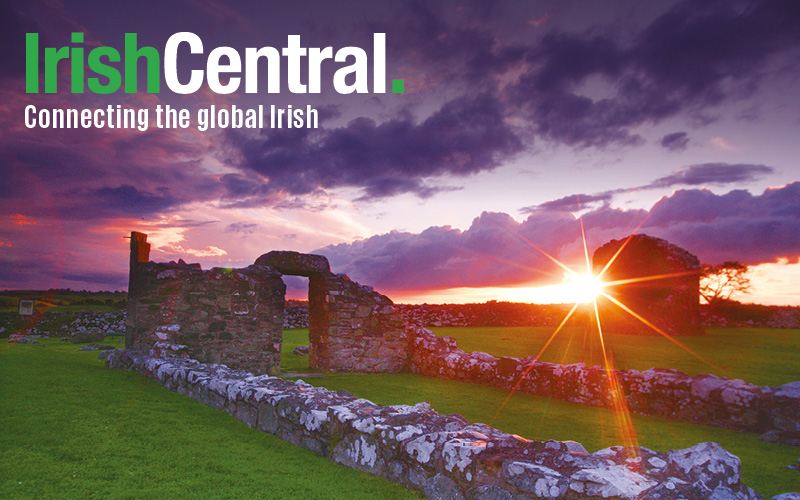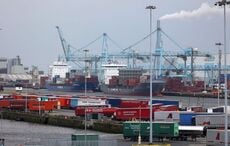The next time you vacation in Ireland, brace yourself: drinking in Ireland is about to get a whole lot more expensive.
The Irish Government is certain to raise taxes on alcohol in tomorrow’s budget, as the country struggles to get a grip of the current economic crisis.
As more and more Irish are made unemployed – last week, the unemployment rate hit 11 percent – public finances have deteriorated sharply. Taxing alcohol is one quick way of making the government a few extra bucks.
While Ireland has a reputation as an expensive place to be a serious drinker, the cost of alcohol in stores had in fact fallen in recent years. This was mainly due to changes in regulations that prevented supermarkets from ‘below cost’ selling of alcohol.
The liberalization of the liquor licensing laws, which meant that more and more stores were allowed to sell beer and wine, also contributed to a reduction in the cost of alcohol. The number of “off-licenses” (liquor stores) and stores selling alcohol has increased by almost 70 percent from 2001 to 2007.
And as more stores competed against one another in selling alcohol, the price of drink fell. In some stores, a bottle of beer can be as little as $1. One supermarket chain offered a special promotion around St. Patrick’s Day where 48 cans of beer cost $32.
But that could all change with tomorrow’s budget – alcohol, along with cigarettes, is considered an “old reliable” in Ireland when it comes to being taxed on budget day.
The budget comes as recent figures show that for the first time in over a decade, consumption of alcohol is dropping in Ireland. It fell by about 6 percent last year.
The drinks industry blames the worsening Irish economy, and the fact that many drinkers in the Republic of Ireland go to Northern Ireland to buy their alcohol, which is much cheaper because of a strong Euro and because of higher sales taxes in the Republic. A bottle of whiskey can be around $13.50 cheaper in Northern Ireland.
In the 1990s and in early 2000s, alcohol consumption in Ireland soared, as the country began to splash out on its newfound wealth. In European alcohol consumption surveys, the Irish, especially the younger Irish, tend to feature very highly. A 2003 World Health Organization study found that the Irish were the fourth biggest drinkers in Europe.
And in recent years, as the country’s economy plunged deeper and deeper into crisis, more people began to drink at home rather than in pubs and restaurants.
Although the price of alcohol in stores has fallen in recent years, drinking in pubs and restaurants in Ireland can be expensive. A pint of beer can cost up to $9 in some parts of Dublin. Pubs, which have also been hit by tougher drinking driving laws, have been especially hard hit, particularly in rural areas. In the past six years, around 1,500 pubs have closed in the country, according to the Drinks Industry Group of Ireland.
And in even more bad news for the hospitality industry in Ireland, the Restaurants Association of Ireland, the trade association for the Irish restaurant industry, heard at its conference last week that there has been a 10 percent drop in the number of people dining out. Those who are dining out are spending up to a fifth less than they used to.
So, when you do get to that Irish vacation – expect to pay a little bit more for your beer, but at least you shouldn’t have too much trouble in getting a table.




Comments